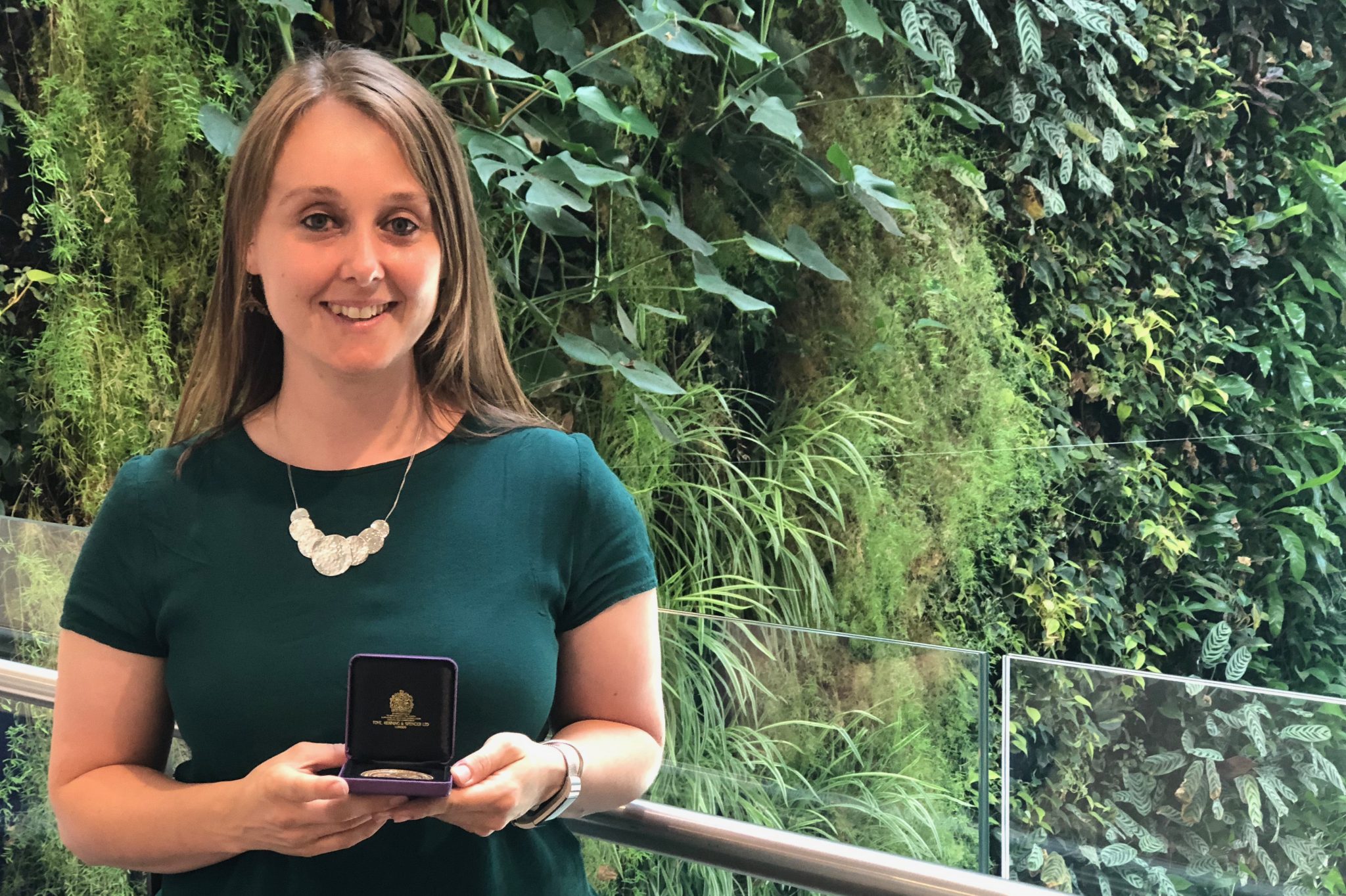Dr Amy Hinsley, who has won the 2018 RSPB Centre for Conservation Science Award for an outstanding PhD, has written a blog for the charity about her research and the directions in which she has taken it.
Dr Hinsley took as her case study the trade in orchids, using interdisciplinary methods to understand the behaviour of orchid consumers and traders from all over the world. With almost 30,000 species, orchids represent more than 70% of all taxa listed by the Convention on the International Trade in Endangered Species of Wild Fauna and Flora (CITES), the main international legislation regulating wildlife trade.
Wild orchids are threatened by illegal harvesting. Dr Hinsley wanted to use her research to understand what drives this modern-day trade, in particular how the internet has allowed people to get around the strict rules that are meant to regulate it. She found evidence of preferences for rare species amongst some serious orchid growers who buy their plants online, and also found that social media is used by people from all over the world to trade in orchids, including wild plants.
In addition, CITES is not acting as a deterrent to the most experienced traders, with smuggling and laundering of plants occurring, and online sales being used to sell plants without CITES permits.
The implications of this for conservation are serious, but the illegal trade of a country’s native flora can also remove the economic benefits that a legal orchid trade can bring.
Since completing her PhD, Amy has used these findings to try to improve the situation for orchids. She co-founded and co-chairs the IUCN SSC Orchid Specialist Group Global Trade Programme and has attended, submitted reports to, and spoken at CITES meetings to raise the profile of orchids amongst policy-makers.
You can read the full blog here.
Dr Hinsley’s thesis, titled ‘Characterising the structure and function of international wildlife trade in the age of online communication’, was supervised by Dr Dave Roberts with Amy graduating from the University of Kent in 2016.

